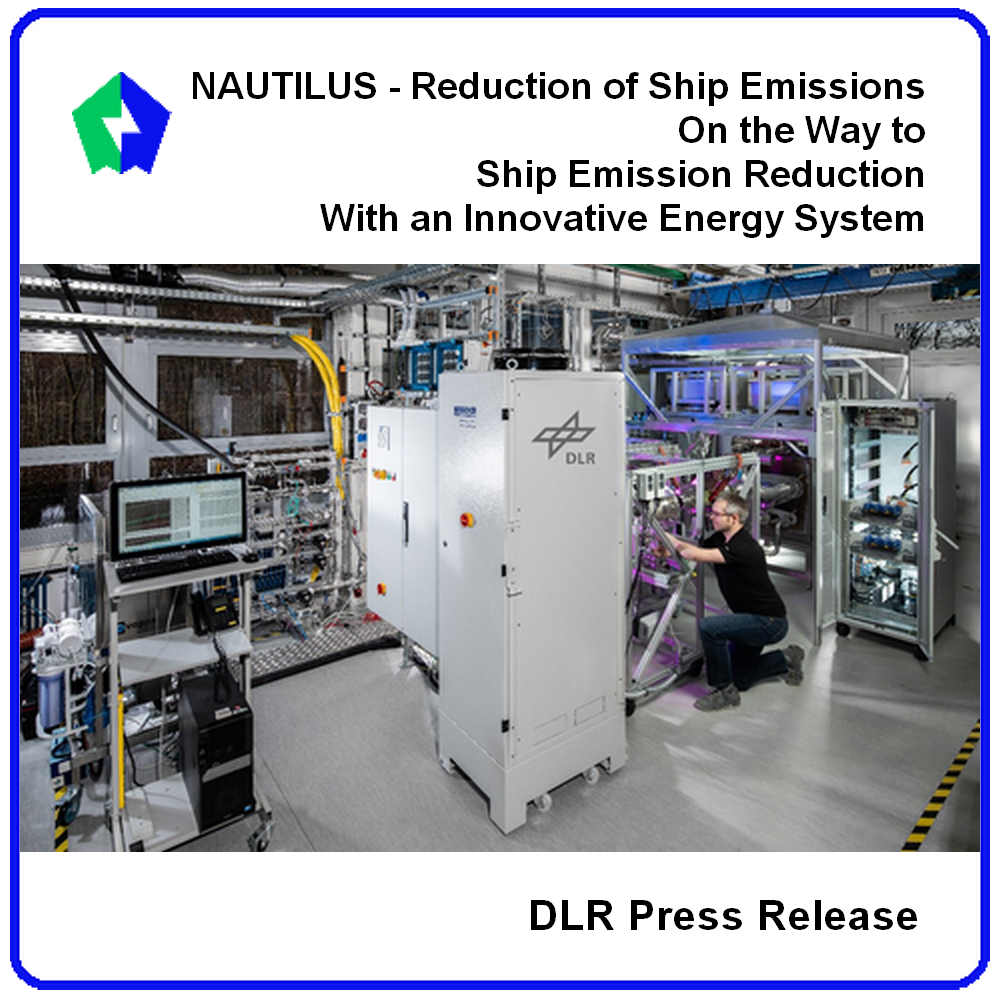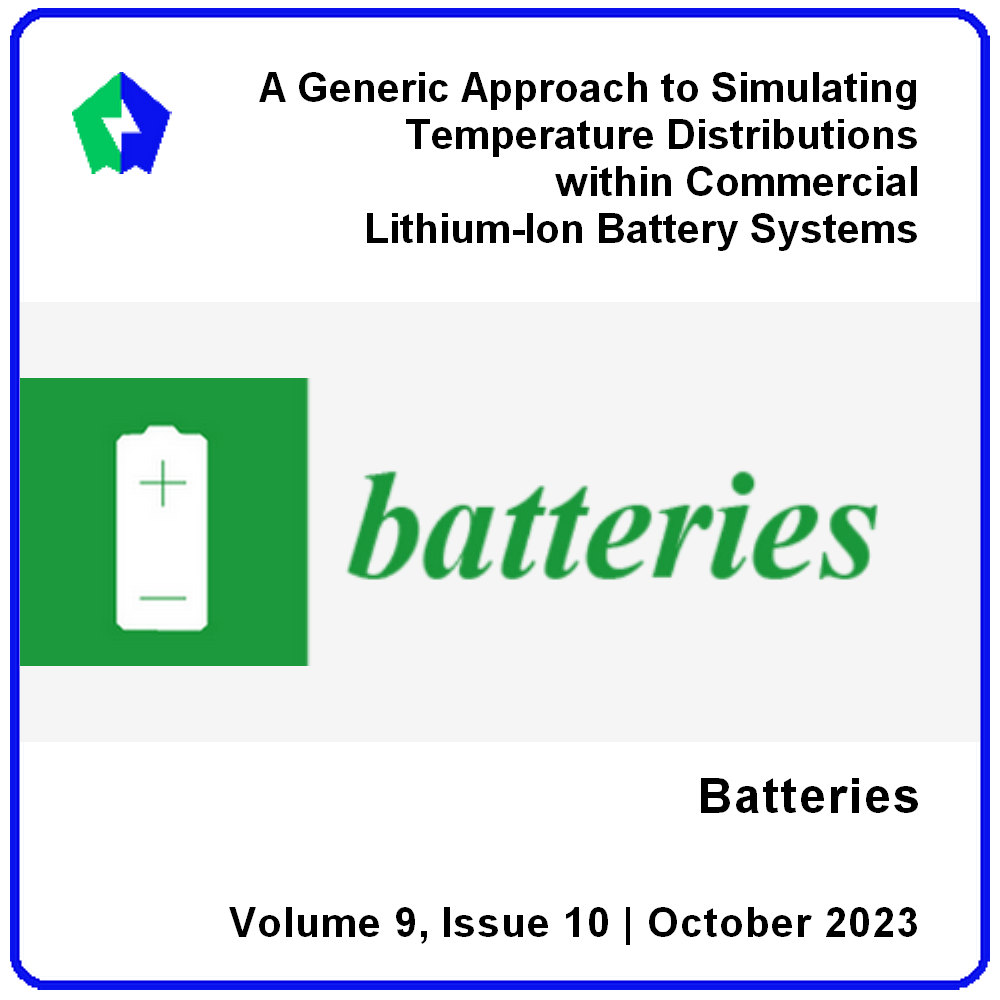One of the goals of the NAUTILUS project is the design and construction of a modular demonstrator for the novel SOFC-battery Genset intended for large passenger ships.
The press release published by the Institute of Engineering Thermodynamics, the German Aerospace Center (Deutsches Zentrum für Luft- und Raumfahrt -DLR) about the NAUTILUS project:
The research paper, currently published in the Journal of Marine Science and Engineering, introduces a data-based energy management method for vessels.
The current trend in the seagoing vessels sector involves replacing conventional sources of energy with greener alternatives.




